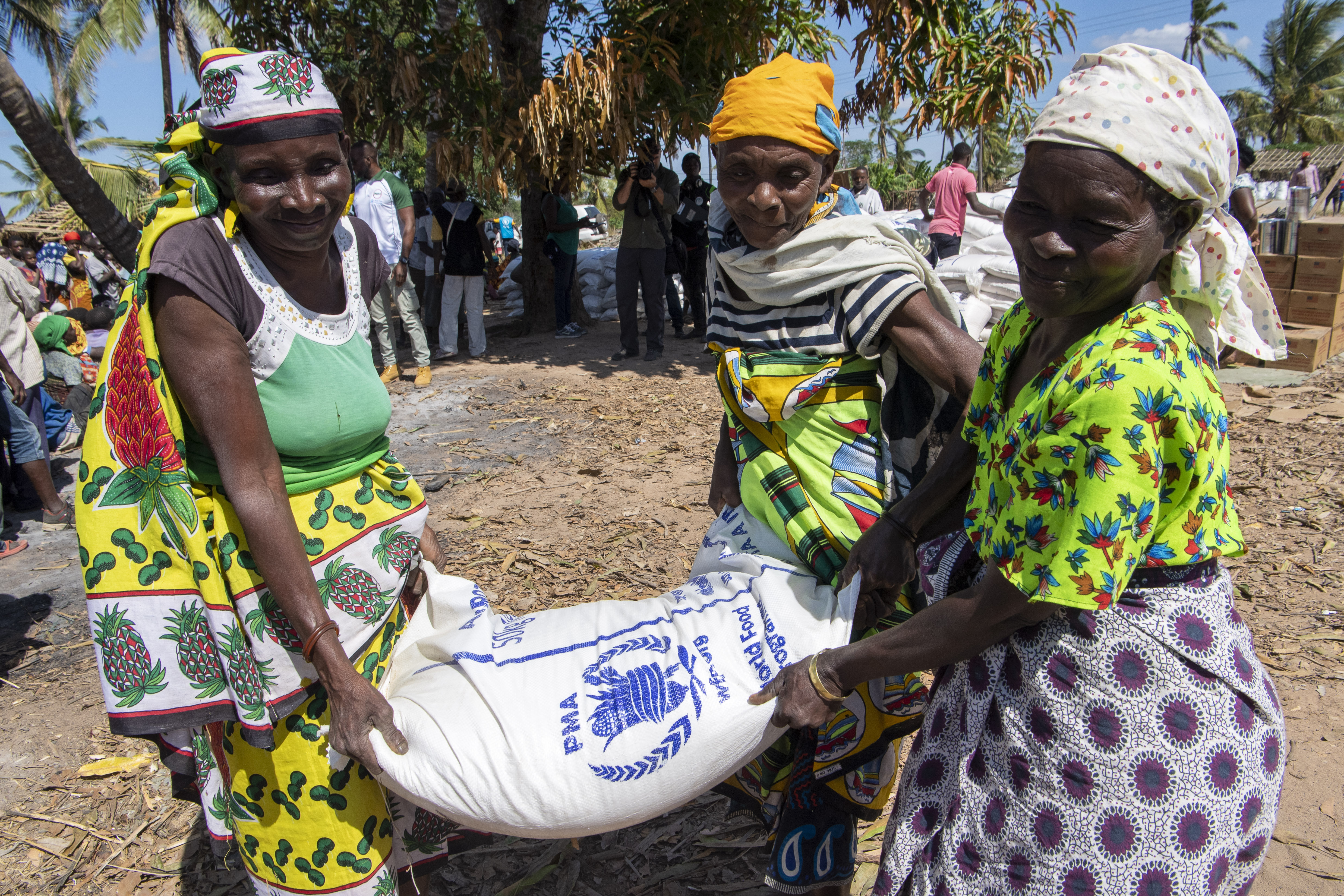
As people-centred enterprises and key development actors, cooperatives have a critical role to play in the creation of decent jobs and the social and economic empowerment of communities. On 16 December 1992, the United Nations General Assembly passed a resolution that proclaimed the first Saturday of July 1995 as the International Day of Cooperatives.
This year’s celebration on 8 July marked both the 25th United Nations International Day of Cooperatives and the 97th International Cooperative Day.
The aim of the International Day of Cooperatives is to increase awareness of cooperatives, underscore the contributions of the cooperative movement to resolving the major problems addressed by the United Nations, and strengthen and extend the partnerships between the international cooperative movement and other actors. This year’s theme was COOPS 4 DECENT WORK, with an emphasis on the message that cooperatives are people-centred enterprises characterized by democratic control that prioritise human development and social justice within the workplace. Given today’s widening inequality, high unemployment levels, and decreased job security, particularly among youth, the 2019 theme was chosen to support Sustainable Development Goal 8, “Inclusive development and decent work.”
The Committee for the Promotion and Advancement of Cooperatives (COPAC), UN Ambassadors and government representatives, and representatives of cooperatives engaged in an interactive debate on the role of cooperatives and how to further enhance their developmental impact.
The event also featured a screening of aroundtheworld.coop, a short documentary about the Bhabishya Nirman Sana Kishan cooperative, who are expanding decent work opportunities in the Dakshinkali municipality in Nepal.
Documentary makers Sara Vicari and Andrea Mancori also participated in the interactive discussions on the role of cooperatives. Sara Vicari discussed the communities that comprise cooperatives, stating, “Although different in culture and socioeconomic grounds, they engage in collective actions to help each other, provide themselves with decent work, find innovative solutions to their problems, and make their contributions to leave this world better than how they found it. This is what our stories are about.”
Source: UNDESA/UNSDN
 Welcome to the United Nations
Welcome to the United Nations